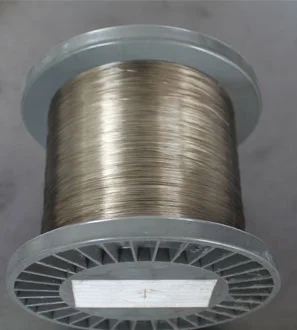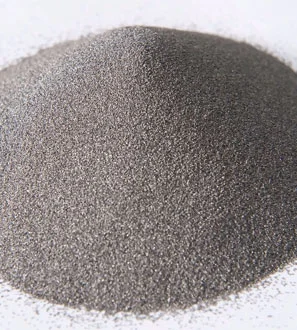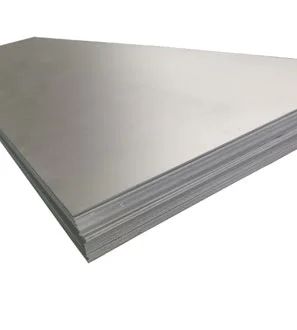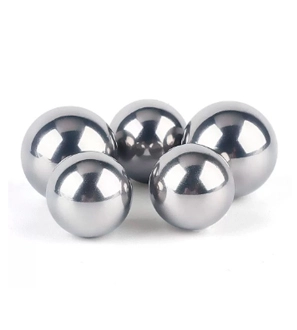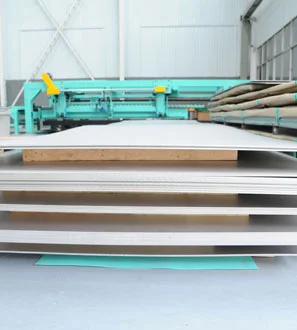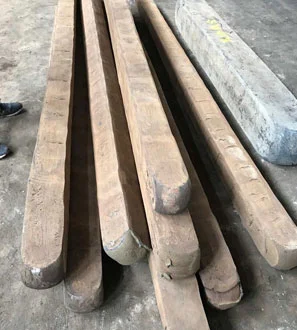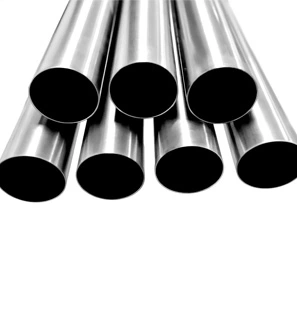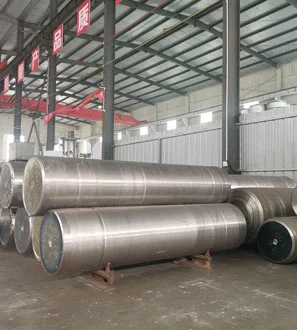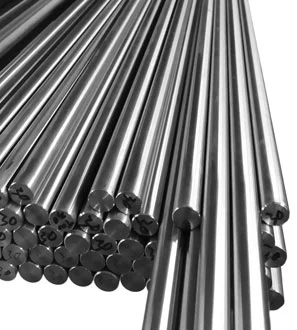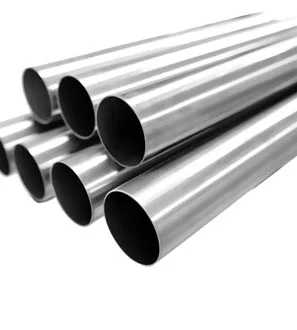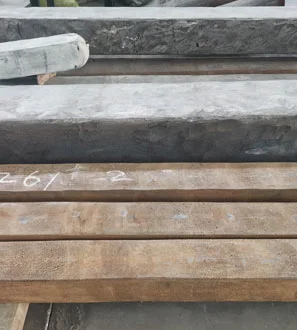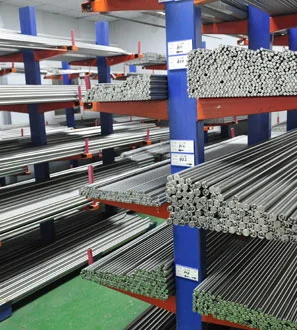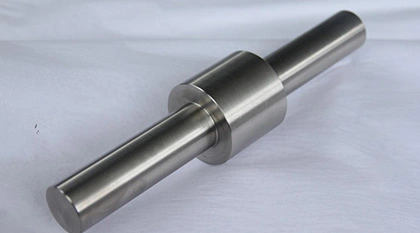Thank you for your
attention on Yesheng !
Titanium Metal Extrusion Casting Technology
Titanium metal extrusion casting technology, similar to the previously mentioned aluminum alloy extrusion casting, is divided into two methods: direct extrusion and indirect extrusion. Due to the high melting point and high reactivity of titanium metal, it imposes more stringent requirements on equipment and process conditions.
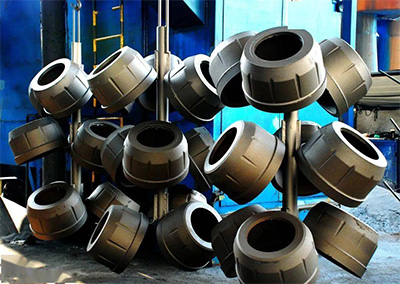
Direct Extrusion Casting of Titanium Metal
In this method, molten titanium metal is directly injected into an open mold, which is then rapidly closed and subjected to high pressure. This causes the titanium metal to solidify under pressure and undergo microplastic deformation, resulting in dense blanks or parts. This method requires strict control of the melting temperature and pouring speed of the titanium metal to prevent oxidation and gas entrapment.
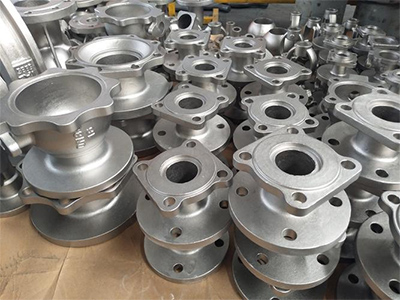
Indirect Extrusion Casting of Titanium Metal
In this method, a punch applies high pressure to molten or semi-solid titanium metal, pressing it into a closed mold cavity for solidification and forming. This approach better controls the flow and solidification process of the metal, reducing the occurrence of defects.
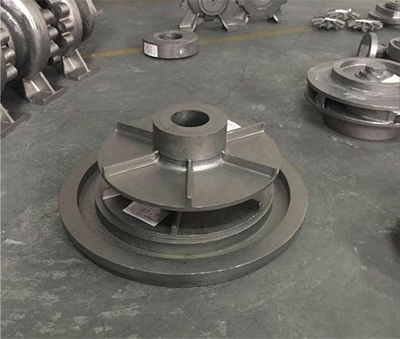
Theoretical Research on Titanium Metal Extrusion Casting
In the extrusion casting process of titanium metal, pressure is one of the most critical parameters. Pressure not only affects the solidification behavior of the titanium metal but also significantly alters its microstructure and mechanical properties.
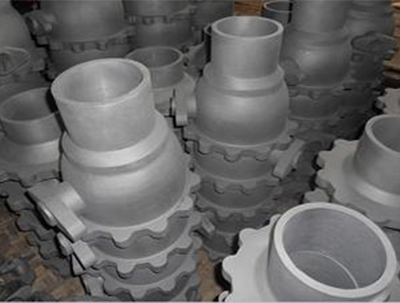
Influence of Pressure on Solidification Behavior: High pressure can promote rapid solidification of the titanium metal, refine the grains, and improve the material's density and strength. Additionally, pressure can lower the solidification temperature of the titanium metal, shortening the solidification time.
Influence of Pressure on Microstructure: Under pressure, the grains of titanium metal become finer and more uniformly distributed, which helps to enhance the material's mechanical properties and fatigue resistance.
Influence of Pressure on Mechanical Properties: Titanium metal parts produced by extrusion casting typically have higher strength and better toughness, capable of meeting more stringent application requirements.
Titanium Metal Extrusion Casting Process Methods
The process methods for titanium metal extrusion casting also include direct extrusion, indirect extrusion, and die-pressurized solidification, among others. In practical applications, the appropriate process method should be selected based on the specific shape, size, and performance requirements of the parts.
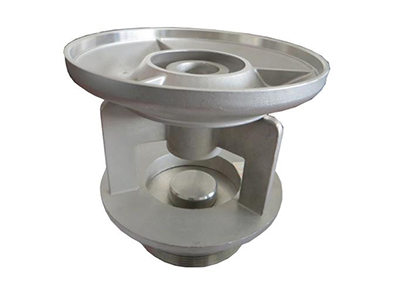
Research on Titanium Metal Extrusion Casting Materials
Research on the application of titanium metal in extrusion casting technology not only focuses on its basic physical and chemical properties but also involves material modification, alloying, and composite materials.
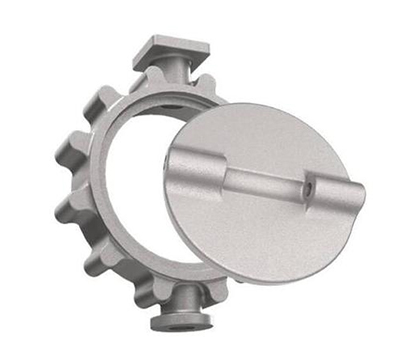
Titanium Alloys: By adding suitable alloying elements (such as aluminum, vanadium, molybdenum, etc.), the strength and corrosion resistance of titanium metal can be further enhanced to meet broader application demands.
Titanium Matrix Composites: By combining titanium metal with reinforcing phases such as ceramics or intermetallic compounds, titanium matrix composites with excellent comprehensive properties can be produced. These composites have broad application prospects in fields such as aerospace and defense.
 English
English  日本語
日本語  한국어
한국어  français
français  Deutsch
Deutsch  русский
русский 



